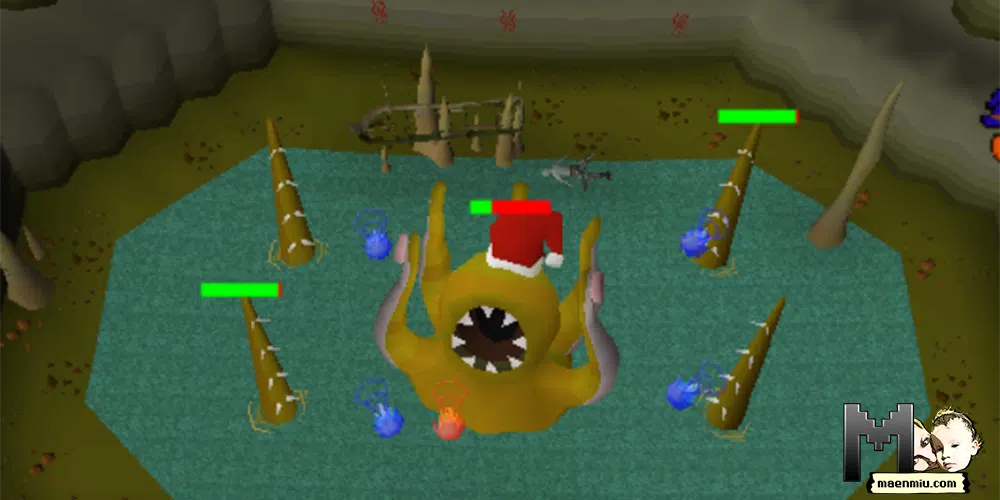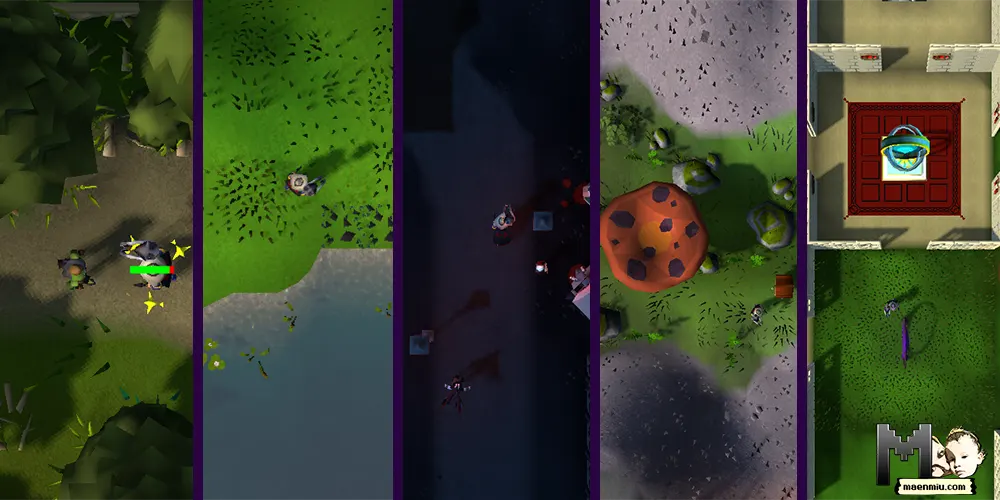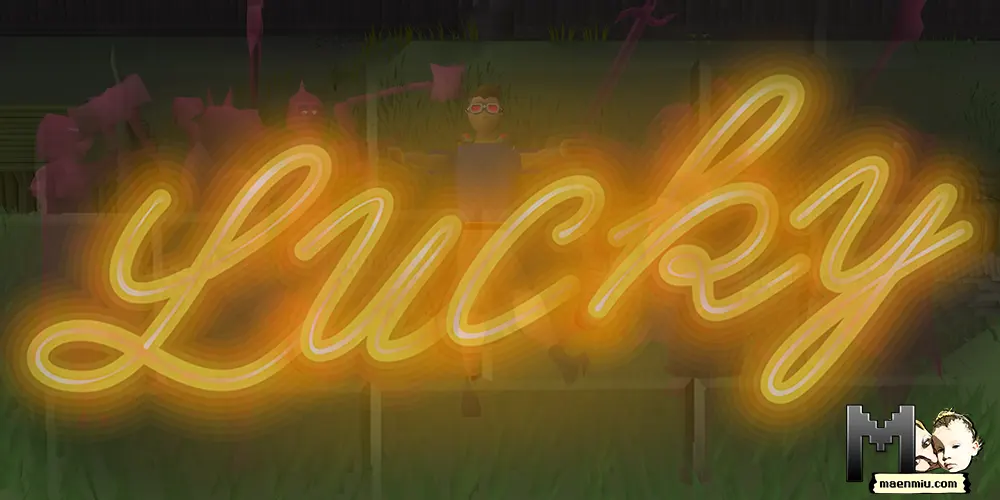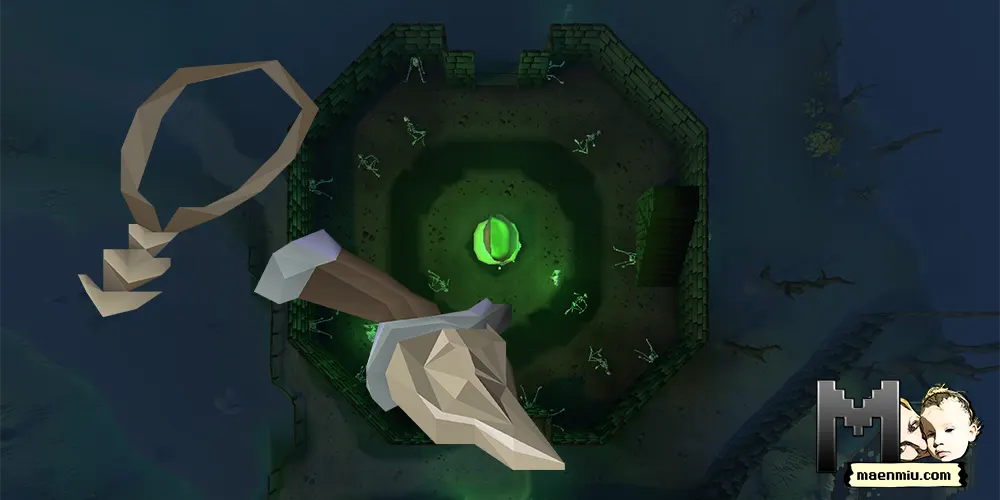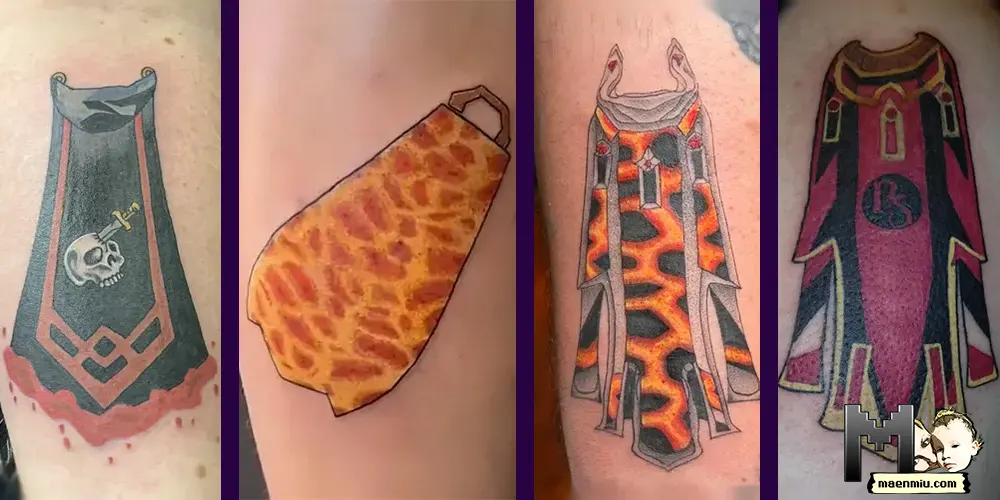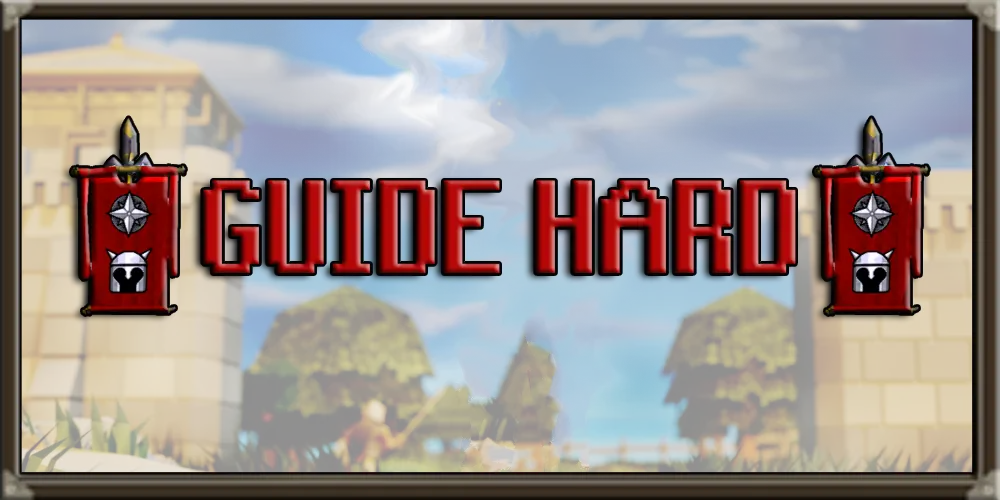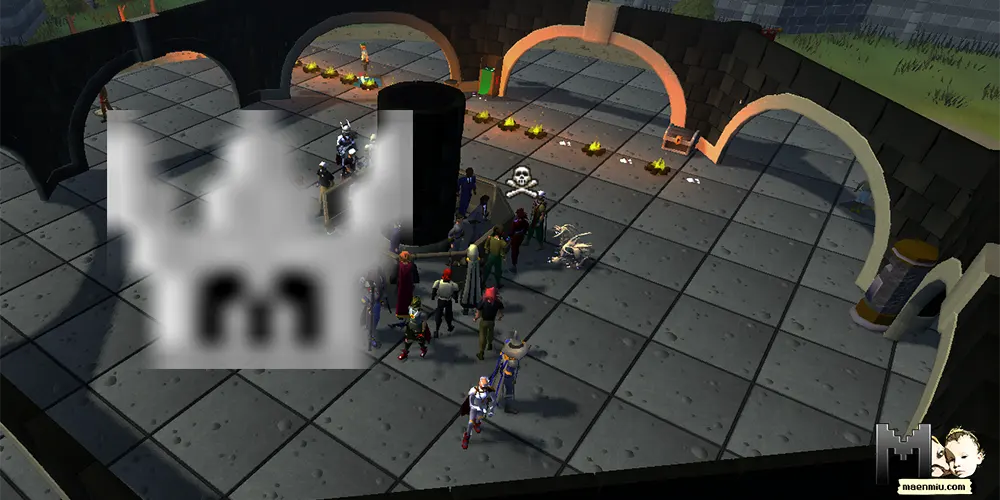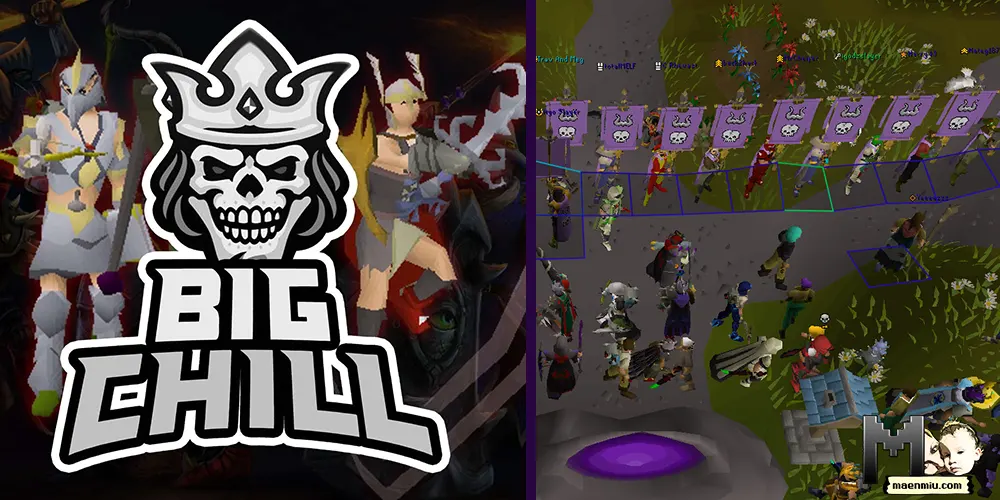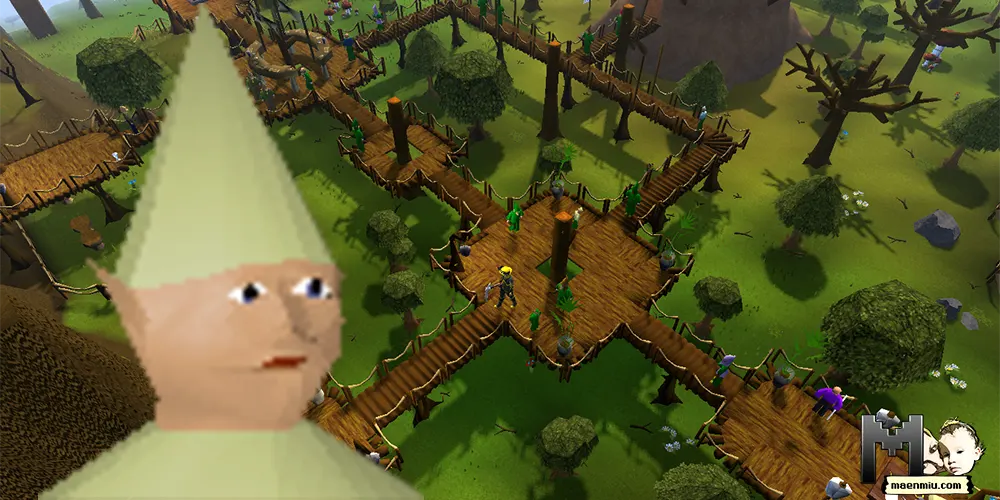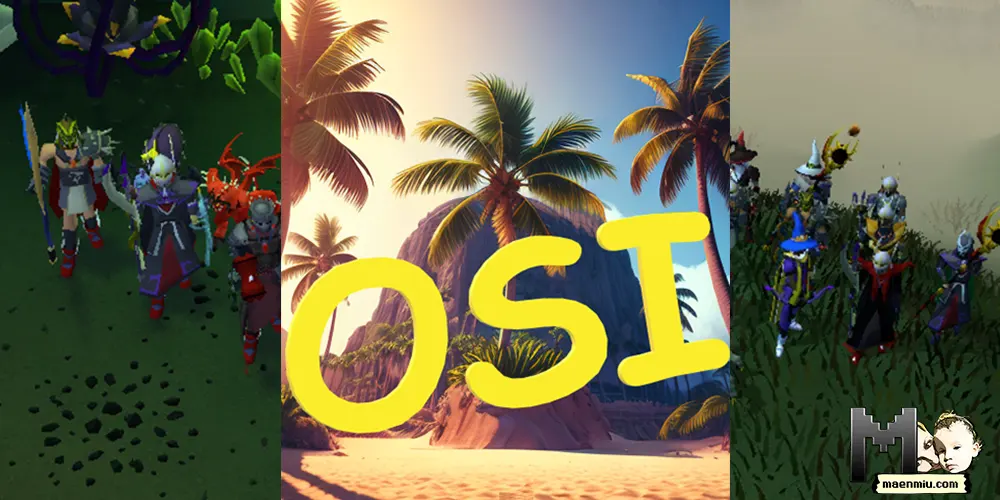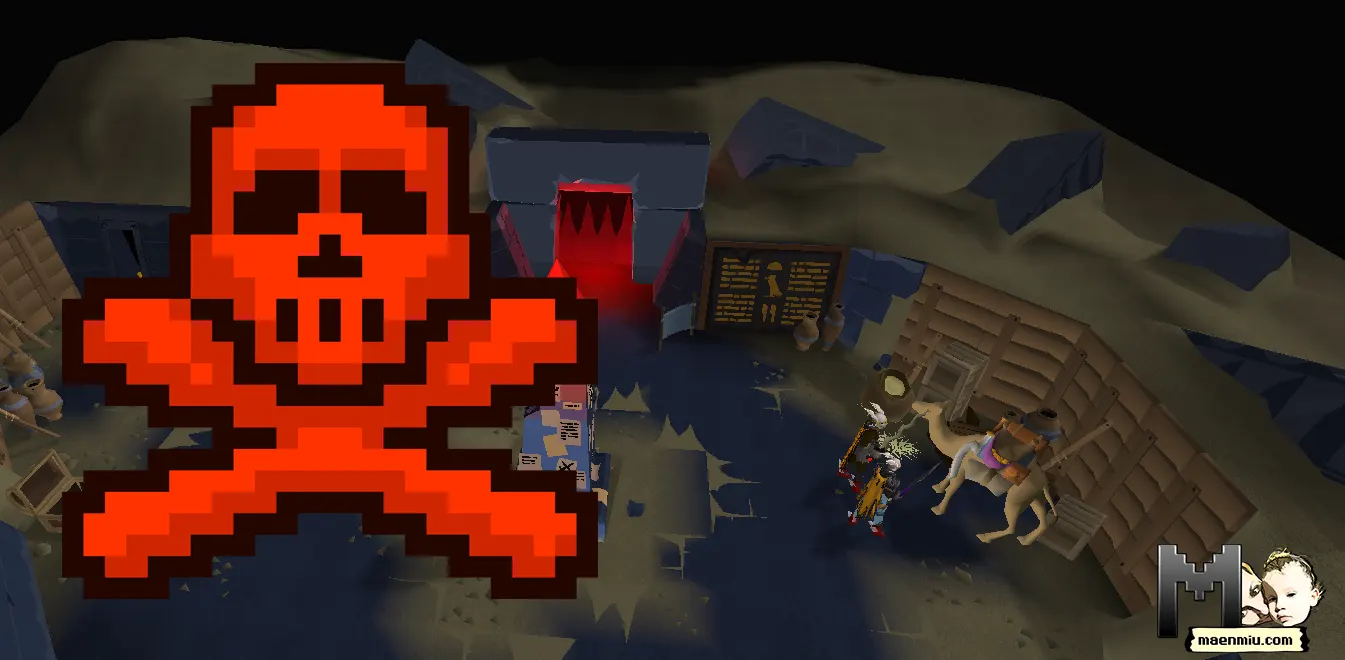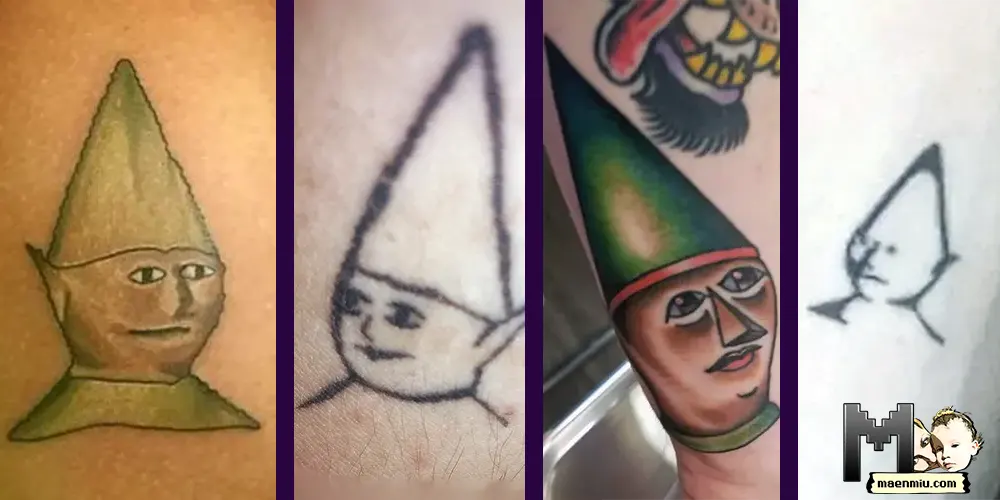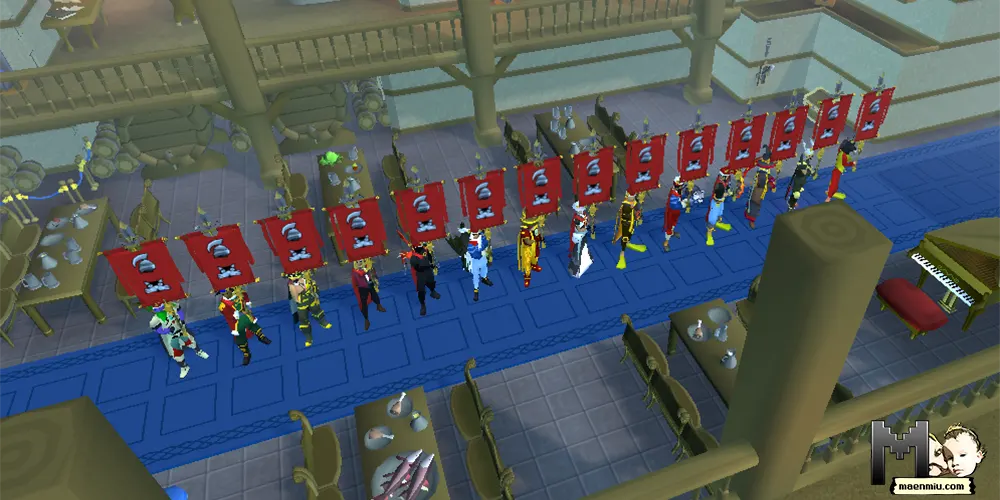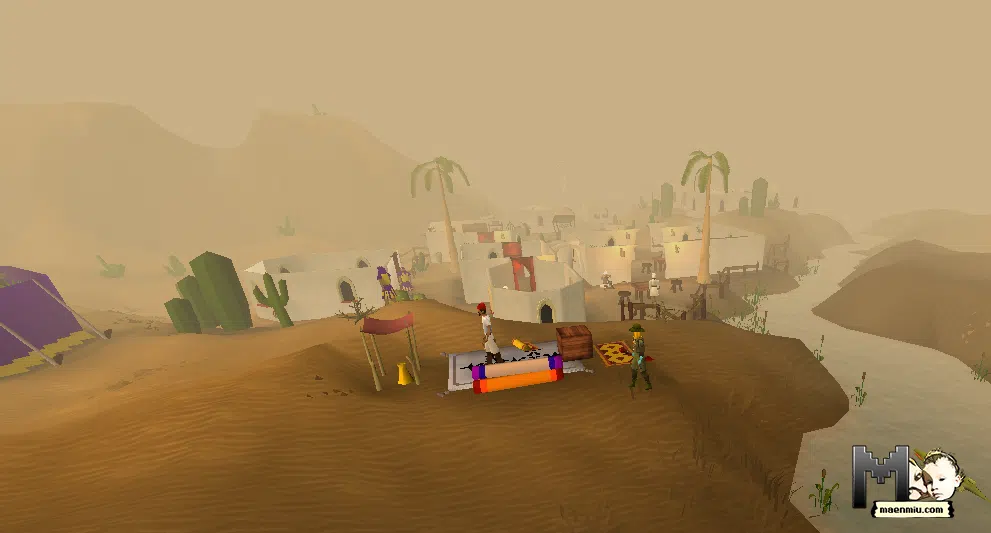
Old School RuneScape, the popular Massively Multiplayer Online Role-Playing Game (MMORPG) developed by Jagex, features diverse virtual landscapes that often mirror real-world cultures and geographies. Pollnivneach, an in-game city situated in the harsh desert of the Kharidian Desert, bears distinctive similarities to Eastern Arab cities. A specific focal point of this likeness has been the recurring NPC name, “Ali,” generating discussions about cultural appropriation, humour, racism, and the ethical implications of such representations in gaming.
You might like
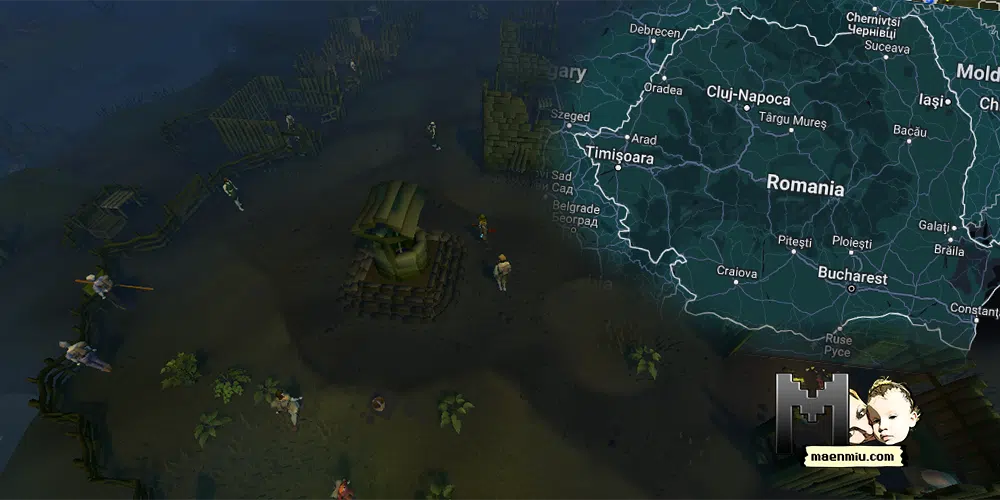
Name
The name “Kharidian” doesn’t directly translate from Arabic as far as I know. However, it may be influenced by Arabic or Middle Eastern culture and languages, as the desert and the culture depicted in the game show similarities with the historical and cultural aspects of the Middle East.
Some players interpret the name “Kharidian” as possibly being derived from the Arabic word “خردة” (kharida), which means “junk” or “scrap”, possibly referring to the barren nature of a desert. But this is purely speculative and not an official statement from Jagex.
Please note that while game developers often take inspiration from real-world cultures and languages when creating fantasy worlds, they also often invent their own names, languages, and cultures. As such, not every name or term used in a game like OSRS has a direct real-world equivalent or meaning.
The Pollnivneach Landscape
Pollnivneach geographical layout and architectural design strikingly echo the characteristics of real-world Middle Eastern desert cities. Its sandy streets, flat-roofed, mud-brick buildings, and palm trees recreate the atmosphere of typical Arab cities, reminding players of places like Riyadh in Saudi Arabia or Al Ain in the United Arab Emirates.
Moreover, the city’s central marketplace bustling with NPCs and traders further strengthens this connection. It’s reminiscent of traditional Arab souks, which are often central to social and economic life in Middle Eastern cities.
Ali
Beyond the architectural and geographical resemblances, one unique aspect of Pollnivneach is the repeated use of the name “Ali” for its NPCs. A popular name in Arab cultures, the decision to make it so pervasive in Pollnivneach can be seen as a tongue-in-cheek nod to these traditions. However, it simultaneously walks a fine line between being a humorous touch and a cultural stereotype.
The “Ali” repetition, while possibly intended as a playful exaggeration, opens the door to various interpretations. To some players, it serves as a light-hearted element adding to RuneScape’s overall humorous tone. However, for others, it can feel like an overgeneralisation of an entire culture, reducing its rich diversity to a single, repeated name.

However, in November 2022, Jagex decided to give the NPCs in Pollnivneach different names as part of their diversity and inclusion changes, so after you finish the quest The Feud you will no longer see the many Ali’s all around Pollnivneach.
An Ethical Dilemma
The change came as a result of the fact that the situation in Pollnivneach raised critical questions about cultural representation in games: Where is the line between humour and racism, and when does cultural reference become cultural insensitivity? While stereotyping can sometimes foster understanding and familiarity in global player bases, it can also risk reinforcing harmful stereotypes and simplifying intricate cultures.
In the case of Pollnivneach, the usage of a single name for all NPCs might appear amusing to some, but it can also perpetuate a stereotype that Arab culture lacks diversity and individuality, which is far from the truth.
The Ethics of Cultural Representation
As ethical considerations gain increasing importance in gaming, the representation of cultures in MMORPGs like RuneScape demands critical attention. Pollnivneach serves as a noteworthy case, emphasizing the importance of nuanced and respectful cultural representation.
Drawing inspiration from real-world cultures can enrich game environments, but it should not inadvertently propagate stereotypes. Developers should strive to respect and celebrate cultural diversity, ensuring an inclusive experience for players worldwide.
Fine line
The resemblance of Polnivneach in Old School RuneScape to Middle Eastern Arab cities offers an interesting insight into cultural representation and potential stereotyping in gaming. Although seemingly innocuous, the recurring “Ali” name pattern in the city underscores the delicate balance between humour and cultural sensitivity.
Game developers should strive to understand and respect the cultural nuances they draw inspiration from, ensuring they neither propagate stereotypes nor offend players from different cultures. In this way, gaming can serve as a platform that fosters cultural understanding and celebrates diversity rather than reducing cultures to simplistic caricatures.
I created this article with the partial assistance of an AI tool. Learn about my view on AI and why I’m telling you about it.

